Khalaf Ahmad Al Habtoor was born in 1949 in Dubai. Coming from modest beginnings, he launched Al Habtoor Engineering in 1970. The company rapidly secured significant contracts including the construction of Dubai’s second hospital – Dubai Hospital- in 1977, establishing the foundations for future growth.
In 1979 he opened his first hotel, the Metropolitan, on a quiet and remote stretch of Sheikh Zayed Road. At the time, many questioned his judgment and told him, “Who will come to a hotel in the desert?” Al Habtoor refused to be discouraged. He believed that Dubai’s urban expansion would inevitably follow that corridor, and his vision proved prescient. The Metropolitan became a beloved social hub for both residents and visitors and marked the beginning of Sheikh Zayed Road’s transformation into the city’s central axis.
Building a Diversified Empire
As the UAE entered its formative decades, Al Habtoor’s enterprises expanded alongside the nation’s ambitions. His construction arm contributed to some of Dubai’s most iconic landmarks including the seven star Burj Al Arab, completed in 1999, and Terminal 3 at Dubai International Airport, inaugurated in 2008. In 2013 he unveiled Al Habtoor City, a project valued at AED 3.3 billion that included three five star hotels and luxury residences. By 2016 the group owned around fourteen luxury hotels, including the Hilton London Wembley.
His automotive division, founded in 1983, became one of the UAE’s leading dealership networks, representing global brands such as Mitsubishi and Bentley. In the early 1990s he ventured into education by opening Emirates International School in Jumeirah—the first in Dubai to offer the International Baccalaureate diploma—and into media by launching Al Shindagah magazine in 1993.
Service Philosophy Inspired by Britain
During a visit to Britain in the 1980s, Al Habtoor was deeply impressed by the precision and courtesy of British service culture in hotels and retail. He admired how service there was treated as a craft built on discipline, consistency, and respect for the customer. Inspired by this experience, he imported these principles into his own enterprises. He introduced structured customer service training, emphasized politeness and reliability, and blended Emirati hospitality with international service standards. This approach became a hallmark of his hospitality operations and distinguished his group in a rapidly evolving market.
Key Sectors and Holdings
By 2025, Khalaf Al Habtoor’s business empire had grown into a multi sector ecosystem spanning hospitality, automotive, leasing, real estate, education, media, insurance, and leisure. His hospitality portfolio remained a core pillar, centered on Al Habtoor City, a US $3 billion development that includes three luxury hotels and three residential towers along Sheikh Zayed Road, together with landmark properties in London and Budapest
In the automotive sector, Al Habtoor Motors operated an extensive infrastructure that included twenty one showrooms, sixteen technical workshops, eleven body shops, three pre-delivery inspection centers, and a centralized CRM department, giving it one of the largest dealership footprints in the UAE. Its leasing arm, Diamond lease, reported a fleet exceeding 14,000 dealer maintained vehicles in 2025, according to an official group statement on Instagram, indicating continued expansion from earlier years
In real estate, the flagship Al Habtoor Tower, an 82 storey residential skyscraper with 1,701 units, remained under active development, positioning itself among the world’s tallest residential buildings. Alongside this, the group maintained ongoing residential and mixed use expansions across Dubai.
Operationally, the group in 2025 was estimated to employ approximately 10,000 people across its divisions and to generate around US $5 billion in annual revenues, based on business registry aggregators. Although the group remains privately held and does not publish detailed financial statements, these figures offer a credible indication of its contemporary scale.
Global and Regional Ventures
In early 2025, Al Habtoor shifted his attention toward Syria’s reconstruction, announcing plans to operate three thousand buses and establish major automotive facilities expected to create around thirty thousand jobs. At the same time, he reduced his exposure in Lebanon due to escalating security risks. He also announced ambitious leisure and tourism projects in Saudi Arabia, describing the kingdom as “a continent rather than a country,” signaling his intent to tap into its vast investment and tourism potential
Influence, Vision, and Wealth
Philanthropy became central to Al Habtoor’s public image. By 2025, his personal donations exceeded AED 2 billion, supporting education, healthcare, and humanitarian causes. He has been repeatedly honored for his contributions and remains a candid voice in Gulf political and economic debates. He attributes his success to optimism and foresight, often stressing that leadership is forged through adversity and the ability to anticipate change
He continues to mentor his sons Ahmad and Mohammed, preparing them for senior leadership within the group. Even in his seventies, he actively launches new multibillion dirham real estate projects in Dubai. As of 2025, public estimates of Al Habtoor’s wealth vary widely: legacy Forbes listings placed him at $2.3 billion in 2006, some regional outlets cited figures around $2.4 billion in 2025, while Al Habtoor publicly disputed such valuations, saying Forbes’ numbers were incorrect and that his group’s value is at least $15 billion.
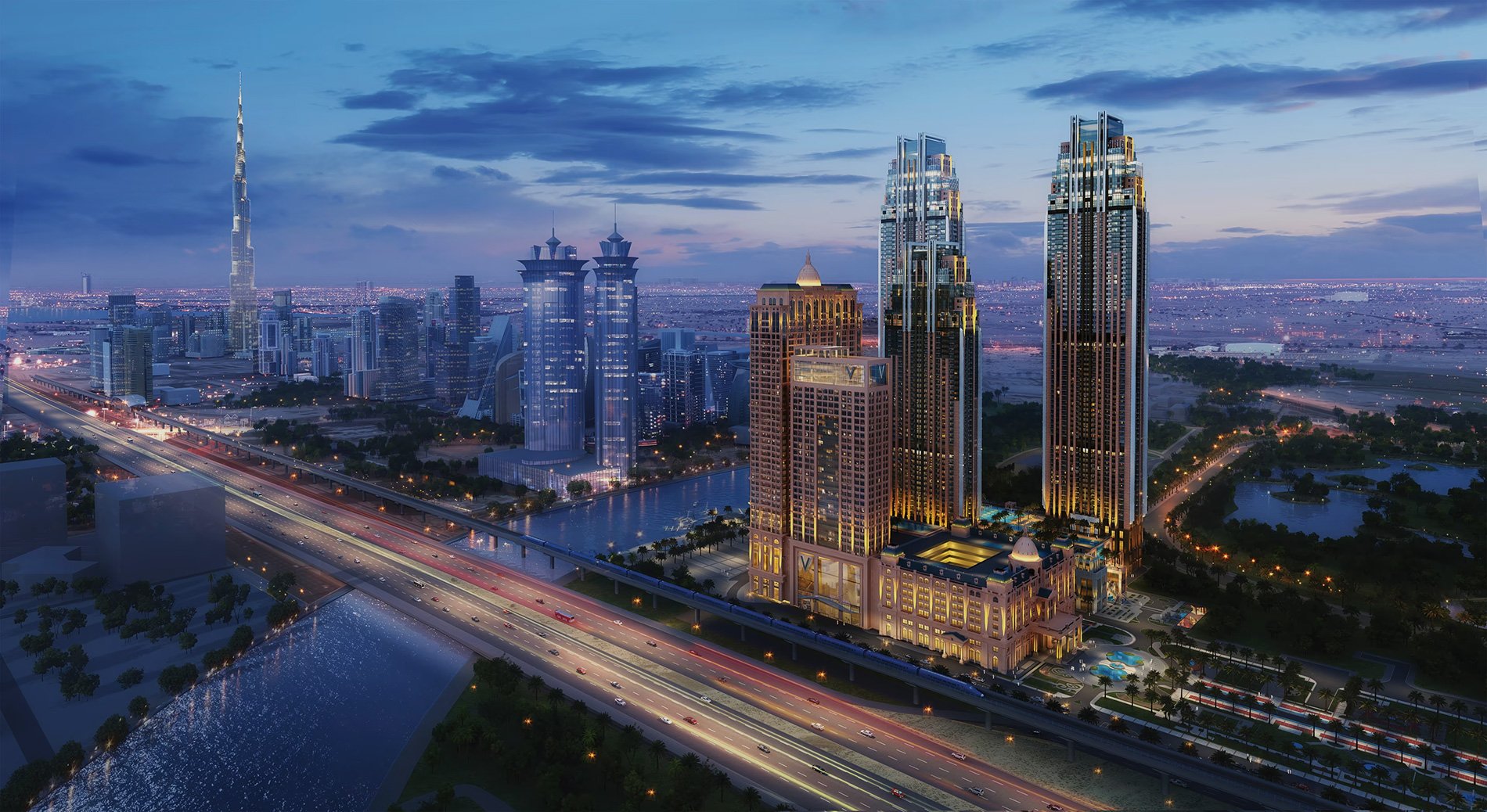

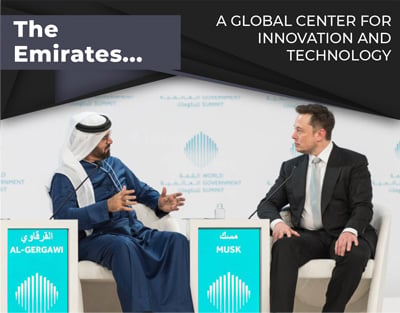
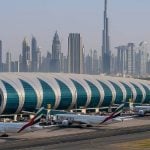

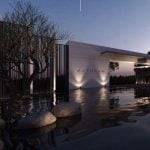
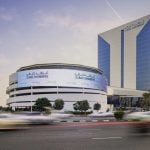
Leave a Reply